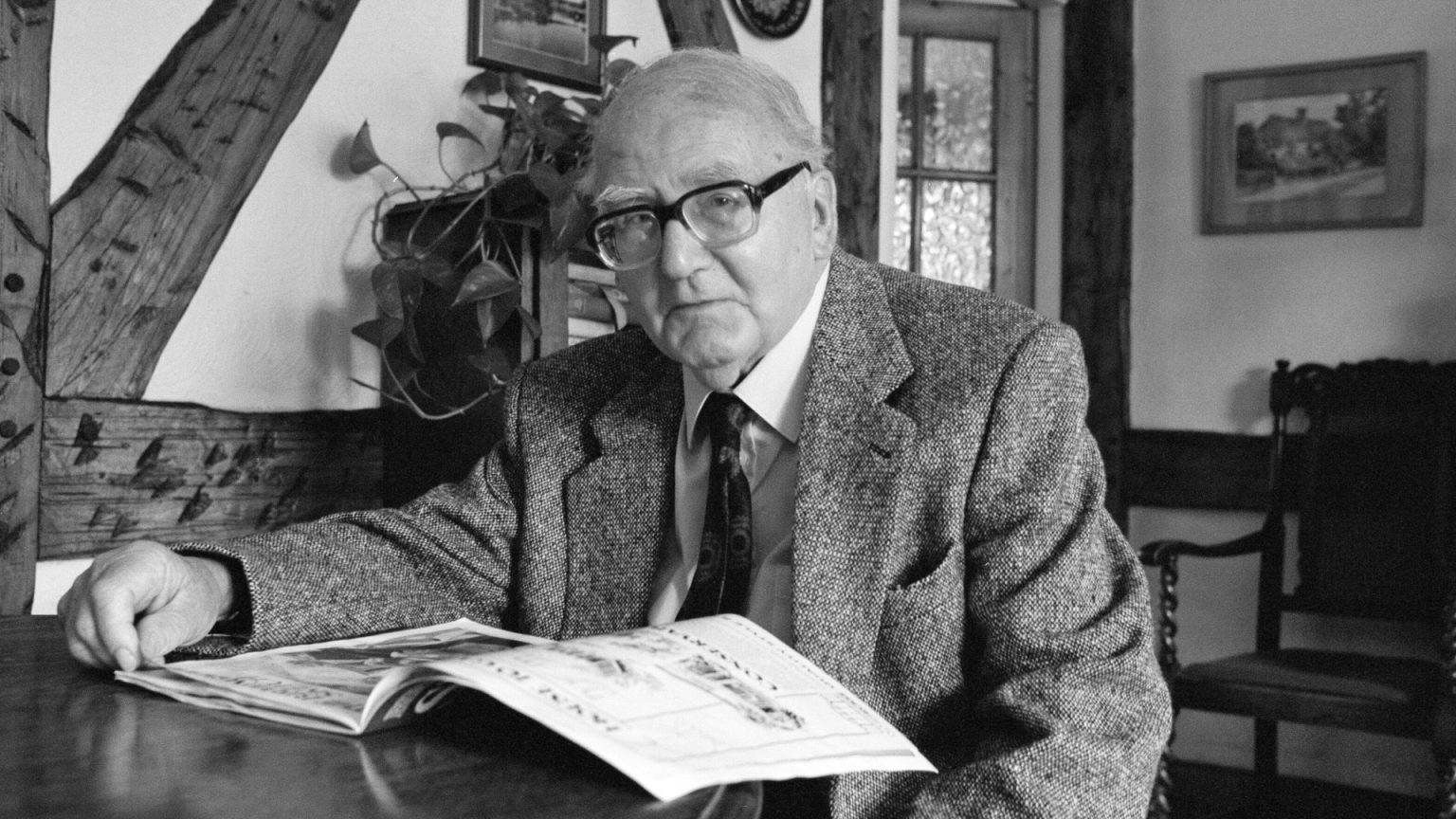Anthony Pratt, a talented pianist who entertained the affluent across Europe and the UK, found his inspiration for the iconic board game Cluedo in the pre-war murder-mystery games enjoyed by the aristocracy after his recitals. Driven by his passion for crime detective novels and seeking a distraction from the monotony and fear of World War Two blackouts, Pratt, along with his artistically inclined wife Elva, transformed their Birmingham kitchen into a game development workshop in 1943. Originally titled “Murder,” the game featured ten characters and an array of weapons, reflecting a darker, more complex design than the version that would eventually captivate the world. Elva designed the board and box, recognizing the potential of their creation and urging Anthony to seek a publisher. This collaborative effort laid the groundwork for one of the most enduring and beloved board games in history, showcasing the power of creativity born from adversity.
The journey of Cluedo from a wartime pastime to a global phenomenon was marked by significant changes and strategic decisions. Waddingtons, a prominent game manufacturer, recognized the game’s potential but deemed the name “Murder!” too provocative for the post-war era. The name “Cluedo,” a portmanteau of “Clue” and “Ludo,” was chosen, and the number of characters was reduced to six, with some weapons, like the bomb and syringe, being replaced with more palatable alternatives like a candlestick and lead pipe. Despite the alterations, the core concept of deductive reasoning and thrilling suspense remained intact. Launched in 1949 in the UK and as “Clue” in the US, the game’s initial reception was lukewarm, failing to immediately capture the public imagination in the way its creators had hoped.
Despite the initial slow sales, Cluedo’s trajectory took a dramatic turn with a pivotal business deal that would alter the Pratts’ fortunes irrevocably. As interest in the game grew in the United States, Parker Brothers, the American game company, approached Waddingtons with a compelling offer: the US rights to Cluedo in exchange for the UK rights to Monopoly. Seeing the lackluster performance of Cluedo in the UK market, Waddingtons approached Anthony Pratt with an offer of £5,000 for the international rights to his creation. Faced with the financial pressures of a new family and the uncertain future of his game, Pratt accepted the offer, unknowingly forfeiting a potential fortune as Cluedo exploded in popularity across the Atlantic.
The irony of Pratt’s decision became painfully apparent as Cluedo ascended to become one of the world’s best-selling board games, trailing only Monopoly and sharing the second-place spot with Scrabble. The game spawned numerous iterations, including themed versions featuring popular franchises like The Simpsons, Game of Thrones, and Star Wars, further solidifying its place in popular culture. The Cluedo brand expanded beyond the board, inspiring a successful film adaptation in 1985, a Broadway musical in 1997, a television series in 2011, and various video game adaptations. The game’s enduring appeal is a testament to the ingenuity of its original design and its ability to transcend generations and cultural boundaries.
While Cluedo achieved worldwide acclaim and financial success, Anthony Pratt’s personal financial situation remained modest. After receiving the £5,000 payment, he pursued various ventures, including owning a sweet shop and a block of holiday flats, but ultimately found himself back in the workforce as a solicitor’s clerk. Despite the lost opportunity for vast wealth, Pratt maintained a philosophical outlook, viewing Cluedo as a “bonus” in life. His daughter, Marcia, recalled her mother’s feeling that they had been “cheated a little” but emphasized her father’s acceptance of the situation, taking pride in his creation’s global impact. Pratt’s story serves as a poignant reminder of the complexities of the creative industries, where ingenuity and market forces can produce drastically different outcomes for creators.
Anthony Pratt’s legacy extends beyond the game itself. His creation, born from the desire for escapism during a time of global conflict, has entertained millions for generations. In 2013, a blue plaque was installed on the Pratts’ former Birmingham home, commemorating the birthplace of this iconic game. While Pratt may not have reaped the financial rewards commensurate with his creation’s success, his contribution to the world of games and popular culture is undeniable. Cluedo remains a beloved pastime, bringing families and friends together around the board to unravel mysteries and embody the roles of its memorable characters. The game continues to thrive, a testament to the enduring power of a simple yet captivating idea conceived in a Birmingham kitchen during the dark days of World War Two.


